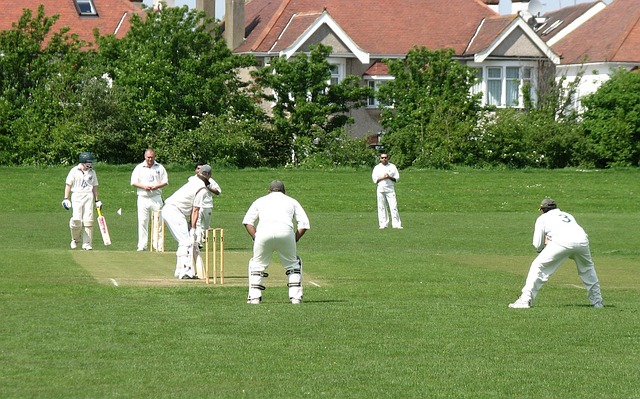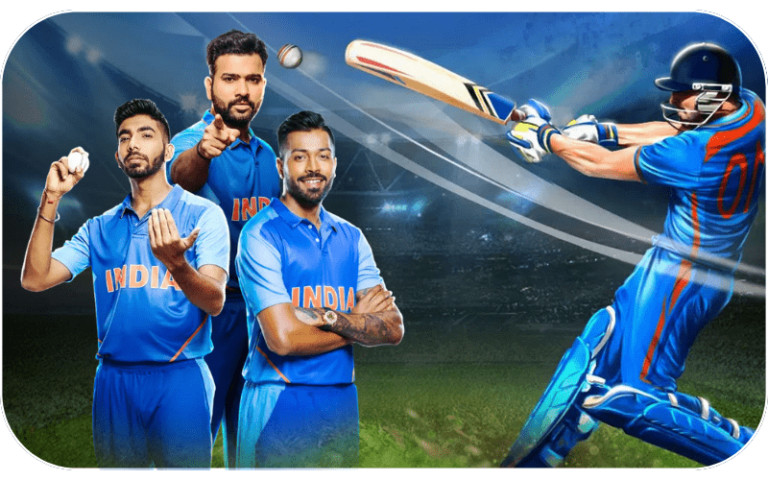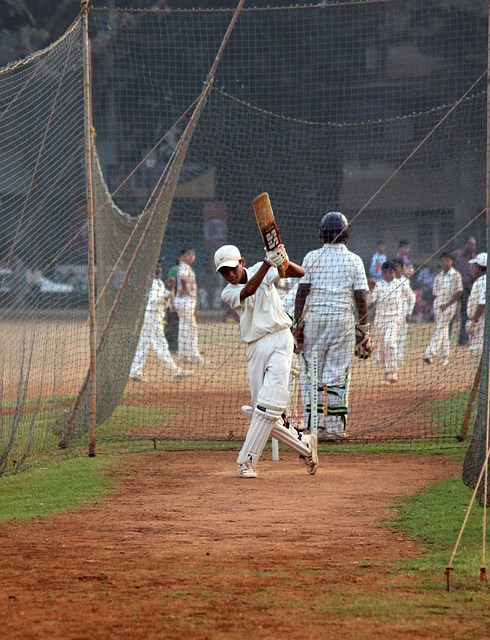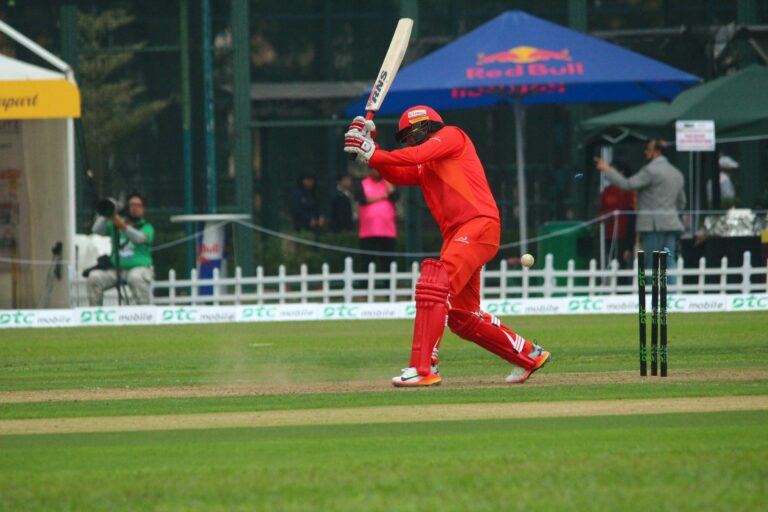The Team Dynamics: Understanding the Chemistry That Drives Success in Cricket
Teamwork is an essential component in the game of cricket, where individual brilliance must be complemented by cohesive team effort. Each player has a specific role to play, whether it be a batsman, bowler, fielder, or wicketkeeper. Understanding and embracing these roles is crucial for the team’s overall performance on the field.
In cricket, successful teamwork also hinges on trust and communication among team members. Players must be able to rely on each other to perform their tasks effectively and make quick decisions in high-pressure situations. Clear communication ensures that everyone is on the same page and working towards a common goal of achieving victory for the team.
• Teamwork is crucial in cricket to ensure that individual brilliance is complemented by cohesive team effort.
• Each player has a specific role to play, whether it be batting, bowling, fielding, or wicketkeeping.
• Understanding and embracing these roles are essential for the team’s overall performance on the field.
• Trust and communication among team members are key components of successful teamwork in cricket.
• Players must rely on each other to perform their tasks effectively and make quick decisions under pressure.
• Clear communication ensures that everyone is working towards a common goal of achieving victory for the team.
Roles and Responsibilities in a Cricket Team
Each player in a cricket team holds a specific role that contributes to the overall success of the team. The batsmen are responsible for scoring runs and building partnerships, while the bowlers aim to take wickets and restrict the opposition’s scoring. Fielders play a crucial role in supporting the bowlers by preventing runs and taking catches to dismiss batsmen. Additionally, the wicketkeeper has the important role of catching the ball and potentially stumping batsmen.
In addition to individual roles, each player in a cricket team also has specific responsibilities both on and off the field. On-field responsibilities include executing game strategies devised by the captain and coaches, communicating effectively with teammates, and maintaining focus and discipline throughout the match. Off-field responsibilities may include maintaining physical fitness, attending team practices and meetings, and adhering to team rules and codes of conduct.
Effective Communication in Cricket Teams
In cricket teams, effective communication is essential for overall success on the field. Players need to constantly communicate with each other to ensure they are on the same page and working towards a common goal. Whether it’s discussing strategies, field placements, or alerting each other during gameplay, clear and concise communication can make a significant difference in a team’s performance. Moreover, effective communication fosters a sense of camaraderie and unity among team members, creating a positive and supportive environment conducive to success.
How can teamwork impact the success of a cricket team?
Teamwork is essential in cricket as it allows players to work together towards a common goal, support each other, and make strategic decisions collaboratively.
What are some common roles and responsibilities in a cricket team?
Common roles in a cricket team include batsmen, bowlers, wicketkeepers, and fielders. Each player has specific responsibilities based on their role to contribute to the team’s success.
Why is effective communication important in cricket teams?
Effective communication is crucial in cricket teams as it helps players coordinate their efforts, make quick decisions, and adapt to changing game situations. Clear communication can prevent misunderstandings and improve overall team performance.







